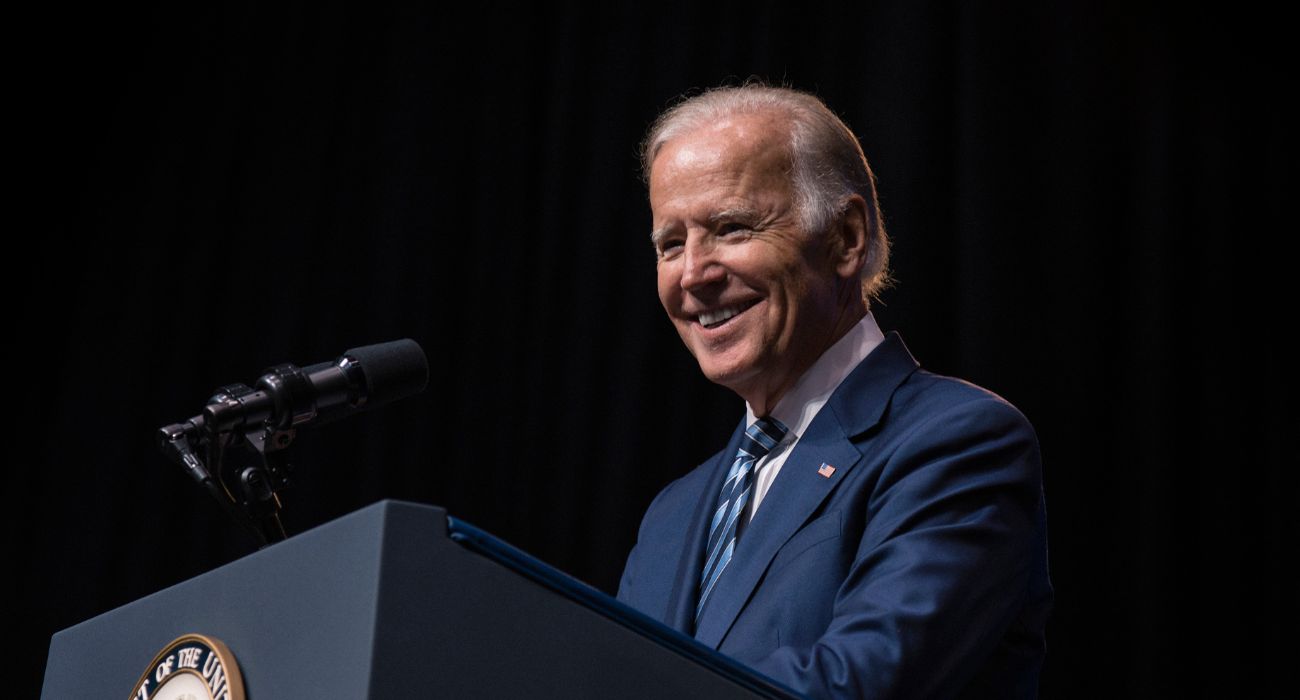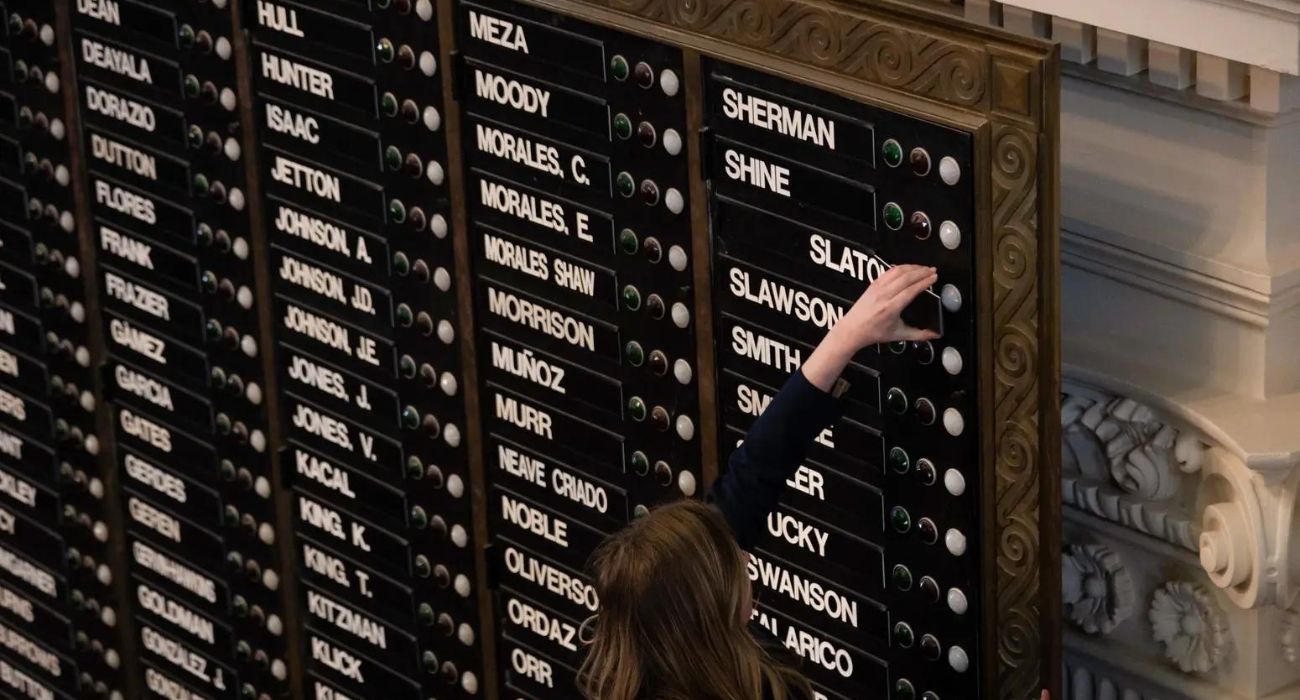The current push for electric vehicles has never been stronger. A plan conjured by the Biden administration is taking measures to try and shift 50% of passenger vehicle sales in the U.S. to electric vehicles by 2030.
To move this forward, the administration has pushed legislation providing tax credits for electric vehicle purchases and funding for infrastructure. The plan will cost around $7.5 billion nationwide to create a network of charging stations, with funding coming from the recently passed infrastructure bill.
Of that $7.5 billion, Texas will receive $408 million for charging stations and could apply for additional grants from a $2.5 billion pool. According to the plan, faster-charging stations placed strategically around the state will be a way to persuade more people to buy electric vehicles.
At present, about 80% of electric vehicle charging happens when the car is parked and plugged in at home for the night, according to the U.S. Department of Energy. Still, the strategically placed charging stations around Texas will ease consumers out of “range anxiety.” This term is used to describe the fear of being stranded on a trip because your electric vehicle has completely died.
According to data from the U.S. Department of Energy, by the end of June 2021, Texas had 52,190 electric vehicles registered. That number is a fraction of the total vehicles registered, according to the Texas Department of Motor Vehicles.
In 2018, the environmental research nonprofit organization Environment Texas released a report that stated Texas would need more than 14,000 charging stations to support the number of electric vehicles the Biden administration wants on the road by 2030.
Although this seems to be a step in the right direction for Texas, many are wondering whether the state’s energy grid could handle it. If 60,000 cars with a standard 100-kilowatt electric vehicle battery and a 5-minute charge time were all charging once, it would equate to about 70 gigawatts.
According to Prajit Ghosh, head of America’s power and renewables research at Wood Mackenzie, that would be the same as the current peak demand for the entirety of ERCOT (Electric Reliability Council of Texas).
“The idea that electric vehicles are a big disruptive force, that’s mainstream,” said Ghosh. “As you sift through the micro issues, you understand there are forces that can affect the pace at which electric vehicles grow.”
To put things in perspective: even though 60,000 sounds like a lot of cars to be charging simultaneously, it’s only a quarter of 1% of the nearly 24 million vehicles registered in Texas each year. This would be quite a challenge for the state as electric vehicle manufacturers all move toward their goal of rapid charging.
Currently, if charging rates were to stay the same, the growing level of electric vehicles wouldn’t affect the grid.
“If you charge a 100-kilowatt-hour battery in 1 hour, the instantaneous demand that comes out of it is 100 kilowatts,” explained Ghosh. “If you assume a 100-kilowatt battery gets charged in 5 minutes, it means an instantaneous demand of 1.2 megawatts.”
This could lead to a situation where, if not adequately accounted for, electric vehicles will increase the demand for fossil fuels to keep up with the peaking power on the grid, potentially being counterproductive to the “climate-friendly” cause.
“The electric vehicle movement seems to be headed in the right direction,” said Sharon Grier, a resident of Fort Worth. “If we can take whatever steps we need to take in order to protect the Earth then I think we should take them.”
Other Texas residents don’t share the same opinion and believe it could cause a real problem going forward.
“What about our electric bills, are those going to need to increase with the energy grid output?” said Darryl Hannah, a resident of Dallas. “There’s no way our bills don’t all jump exponentially if everyone has an electric car.”
The Texas Department of Transportation is soon expected to develop a plan to use the federal funding.





